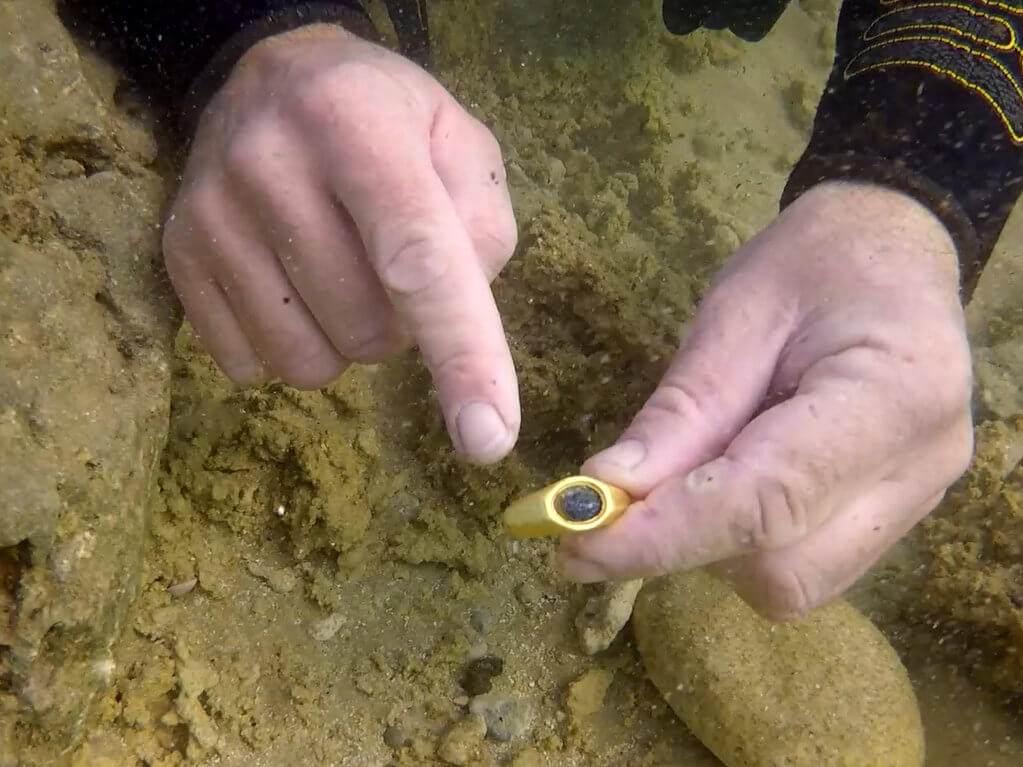With booster jabs forming the backbone of the UK’s omicron efforts, it’s more important than ever to reach out to pregnant women and people from ethnic minority groups who may be more likely to have concerns over vaccination
A mass vaccination hub at Stamford Bridge stadium in London on 18 December WIktor Szymanowicz/NurPhoto/Shutterstock
The UK is one of the least vaccine hesitant countries in the world, with close to 90 per cent of over-12s in the UK having received at least one coronavirus vaccine jab. But with the country relying heavily on a booster campaign in its efforts to fight the omicron variant, it is more important than ever to reach out to communities where concerns over vaccination are more common, such as pregnant women and some ethnic groups.
Studies suggest that people from ethnic minority groups are more likely to be vaccine hesitant due to historical racism and a lack of trust in the government and medical establishment. About 95 per cent of white over-50s in the UK had received two doses of a coronavirus vaccine by the end of November, compared with just 65 per cent of people in the UK aged over-50 who are of Black Caribbean descent.
When it comes to the booster roll out, the latest UK information collated from GP records up to 15 December suggest that 93 per cent of white over-80s who were due to get a booster had received one. This figure is 75 per cent for Black over-80s and 79 per cent for South Asian over-80s.
Winston Morgan at the University of East London says that communication around the booster campaign needs to be clearer. “Rolling out a huge booster without explaining the difference between the initial vaccination and a booster will cause confusion in many,” he says. “It will reinforce a lot of fears.”
Morgan says a similar lack of nuance slowed down the roll out of the first jab. “The original campaign didn’t really assume that there’d be a large number of people who didn’t take the vaccine,” he says. “It wasn’t very sophisticated.”
Doubts about efficacy
The booster roll out will require similar or even stronger efforts. “I keep getting patients who mention that they have serious doubts about the efficacy of the vaccines because it seems like it doesn’t prevent the spread of infection,” says Mohammad Razai at St Georges, University of London. “They ask – if it doesn’t prevent the spread of infection, why would I take it?” he says.
Early studies suggest that two doses of a coronavirus vaccine provide substantially less protection against infection with the omicron variant, but a third dose may largely rectify this. It is thought that two doses probably still offers some protection against severe disease.
Mixed government messaging may also be a problem. “Telling everyone in the summer to remove their face masks and essentially saying that the pandemic is over… and now saying that everyone needs a booster – it erodes trust,” says Razai.
Another group where vaccination uptake is low has been pregnant people. In October, NHS England and the Royal College of Obstetricians and Gynaecologists called for pregnant women to get vaccinated, following the release of data that showed that nearly 20 per cent of the most ill covid-19 patients were unvaccinated pregnant women.
Coronavirus vaccines were not offered to pregnant people who would otherwise be eligible in the UK until April 2021, once it had become clear that the vaccines are safe for use in pregnancy. The UK’s Joint Committee on Vaccination and Immunisation (JCVI) then advised that covid-19 vaccines should be offered during pregnancy, but while this cleared the way to offering the vaccine, much official guidance stopped short of explicitly recommending it.
“I think that pregnant women very rightly question what they’re putting into their bodies, such as alcohol and caffeine,” says Sarah Hillman, a GP and a clinical lecturer at Warwick University in the UK. “It makes sense why they may be hesitant about a vaccine.”
On 17 December, the JCVI put pregnant women on the priority list for booster jabs. “Even though it came as the government essentially started offering everyone the jab, it means patients have another trusted source of information saying that the vaccine is safe,” says Hillman. “It’s important.”
While the reasons for vaccine hesitancy in people from ethnic minority groups or who are pregnant differ, the methods to combat it are largely the same when it comes to the booster campaign.
Trusted messengers
During pregnancy, people need to be hearing the same message repeatedly from those that they trust, says Hillman. “We need better messaging for healthcare professionals,” she says. “So that pregnant women feel safe because they’ve been told by the midwife and then by the GP, and when you’re hearing the same message over and over – hopefully that will make a difference.”
Razai agrees that GPs have a key role to play in reaching out to those who are most hesitant. “GPs know patients and know their families,” he says. “They can have discussions around the vaccine based on trust.” Walk-in vaccination sites are convenient, says Razai, but “convenience is not a major issue for vaccine hesitant people”.
Walk-ins also don’t work for the large group of people who live in digital poverty, says Razai. “The only way to reach these people is via telephone or post,” he says.
When it comes to those most fearful about the vaccine, giving up on them isn’t an option, says Liz Carnelley at Near Neighbours, a charity that has been working with the government to help vaccinate people from minority groups.
Tens of thousands of people are currently getting their first doses of vaccine, says Carnelley. “We’re still putting in the work to convince people.”
“There’s always more we can do,” she says. “But I think the gradual drip, drip, drip and engaging with people who’ve got reasonable questions is the best way to persuade people.”
More on these topics:
Note: This article have been indexed to our site. We do not claim legitimacy, ownership or copyright of any of the content above. To see the article at original source Click Here













